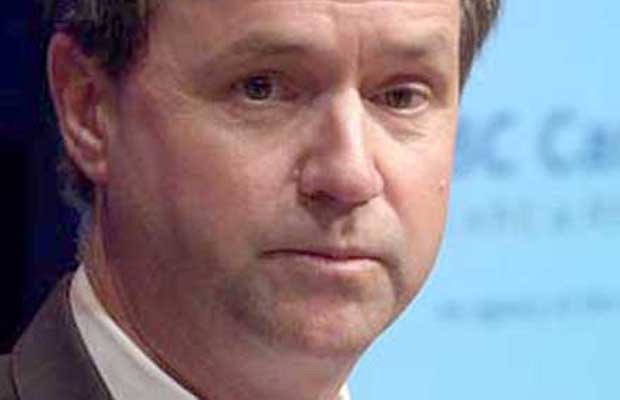Premier Christy Clark said her cabinet vetoed the appointment of former Liberal minister George Abbott as chief of the B.C. Treaty Commission because her government wants to reform the entire treaty process.
Clark said cabinet decided to stop investing in a system that has cost $600 million and produced just four treaties in 22 years. “We have to be able to move faster and we have to find a way to include more First Nations in the process,” she said. “Fifty out of 200 First Nations involved in the process? That’s not enough. So it was a policy decision … not to appoint a treaty commissioner.
“In terms of next steps — whether or not the treaty commission will be changed, whether or not it will continue to exist, how all that future will unfold with respect to treaties — is going to be something that we do together with First Nations.”
Clark said the decision evolved over many months, and she admitted making a “mess” of communicating the changes to Abbott.
The ex-minister was in transition meetings with current chief commissioner Sophie Pierre last week when he learned that cabinet had nixed his appointment. He was supposed to start work April 1.
“The communication with George was terrible,” Clark said. “Ultimately, I need to take responsibility for that. George is someone that I counted on for two years when he was a senior cabinet minister in my government and a major contributor policy-wise and strategically to things that we did. I have a great deal of respect for him.”
NDP Leader John Horgan said Clark did more than make a mess of communications. He said the decision not to appoint Abbott blindsided First Nations as well as the federal government and undercut more than two decades of treaty work in B.C.
“In my own community, three First Nations are at the table, near final agreement,” said Horgan, who represents Juan de Fuca. “They now have no confidence that they’re going to be able to achieve that after investing significant resources.
“I think it’s a shame. I don’t disagree with those who suggest that the process can be revitalized. You don’t do it by blowing it up without talking to your partners.”
The First Nations Summit said it was “taken aback and seriously disappointed” by the decision to withdraw Abbott’s appointment and ignore a recent chiefs’ resolution that formalized his appointment.
Grand Chief Edward John said it was “not very gracious” treatment by government and raised doubts about its trustworthiness. “I’m sure it says a lot about government commitment, and agreements that are reached, that they simply can just disregard them,” he said.
Clark insists there is “a broad consensus” among First Nations that the current treaty process has not worked. “If we keep going at the pace we’re going over the last 22 years, it will be a century before we conclude all the treaties in British Columbia.”
She said First Nations have sat outside economic development for too long and asking them to wait another 100 years is too much. “We have to do better for First Nations and that’s what we’re trying to do.”



